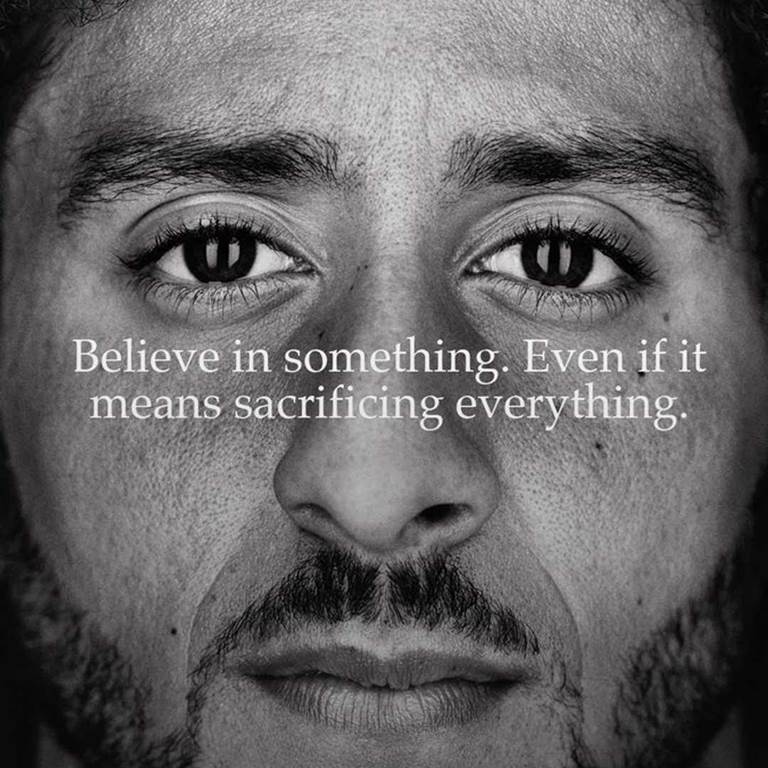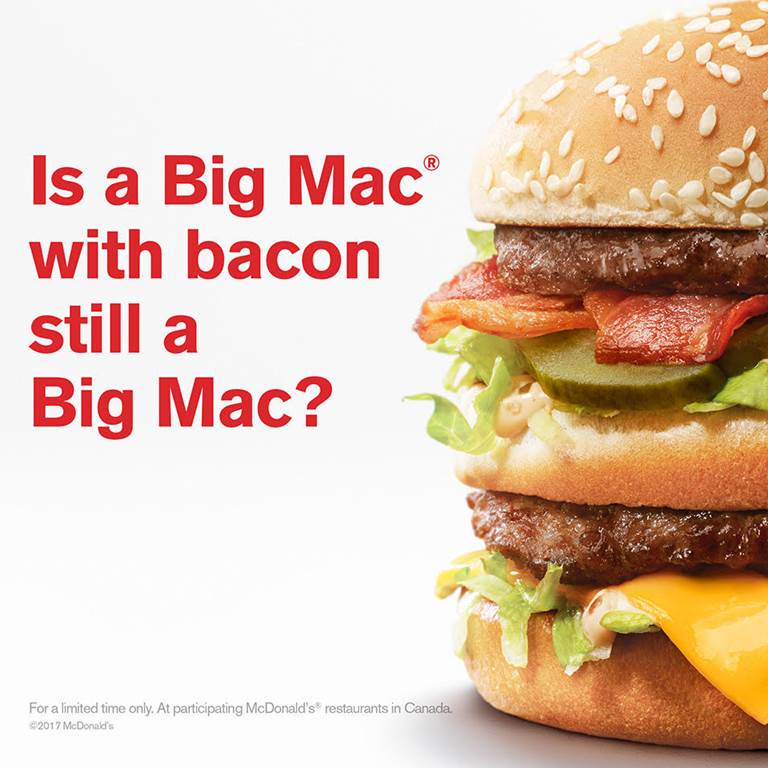Pepsi and Politics: How Brands Engage with Social Issues

All of this begs the question - what should brands do? More and more people expect companies to have a point of view on issues but taking a side could isolate a chunk of your audience.

The biggest ad to take a political stance last year was Nike’s Colin Kaepernick ad. The ad attracted a huge amount of backlash, prompting a boycott and the least imaginative and potentially most stupid hashtag of the year #JustBurnIt, where people set fire to their Nike products. Nike’s stock initially fell, however, days after the ad, sales surged 31% and by the end of September 2018, share price had risen to 5% above its value before releasing the ad - worth around $6B to Nike.

The ad saw perceptions of the brand plummet in the UK according to YouGov, despite being originally released in the US - on the other hand, however, Gillette has also managed to get themselves a lot of free media. Whatever the emotional response, the ad currently has 27.5M views on youtube and countless shares on social media.

For brands who aren’t feeling as brave as Nike or Gillette, however, there might still be a way to tap into the cultural zeitgeist without outraging half your audience. The most recent ad from McDonald’s is a playful take on how divided society seems by showing real people passionately arguing about if a Big Mac is still a Big Mac if you add bacon to it. While not exactly cutting political satire, the ad still captures the argumentative and divided mood at the moment. We’ll have to see how the ad performs (though I can’t imagine adding free bacon to a Big Mac is going to do McDonald’s any harm…). If a brand is looking for a way to traverse political issues, they should avoid just trying to simply bring two sides together and play down the issue as Pepsi did in their famous Kendall Jenner advert. The ad proved a PR nightmare for Pepsi and showed that brands need to be extremely cautious in engaging in political issues for the sake of it.
If brands do engage with an issue, they need to actually say something
First and foremostly, brands should consider their audience. If their audience is likely to be engaged with social issues then it’s worth taking a side to see the rewards (as in Nike’s case) but if they are less so then it’ll be a greater risk (as with Gillette). If brands do engage with an issue though, they need to actually say something instead of pretending they can fix it ... with a reality TV star.


